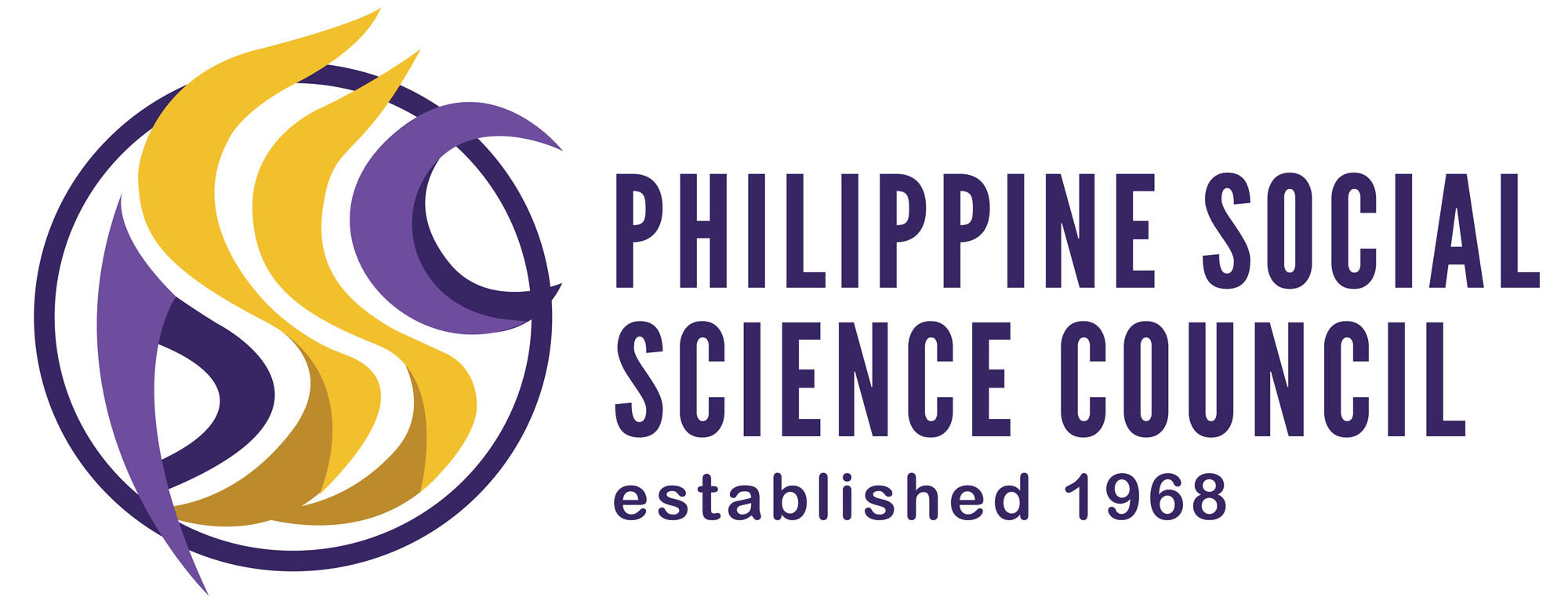IP Focused Social Impact Assessment of the SDMP III and CSR Programs of Coral Bay Nickel Corporation and Rio Tuba Nickel Mining Corporation
Dates of Implementation/Duration: July to September 2018
Partner Institution: Coral Bay NIckel Corporation and Rio Tuba Nickel Mining Corporation
Objectives:
The following objectives are proposed in order to attain the larger aim of the companies to come up with an IP focused social impact assessment,
- To develop a comprehensive impact assessment strategy to capture and to examine the relationship between inputs, outputs and outcomes and impact;
- To assess the performance of the project relative to its key indicators/parameters, specifically relevance to impact communities; efficiency of program delivery and effectiveness, sustainability of these indicators for the development of well-being;
- To determine the difference of data sets for every indicator between the impact barangays and control area; and the original impact barangays and the later set of barangays included in the projects of the companies;
- To evaluate if the project was implemented according to how it was originally planned; and whether the project is being operated according to how it was intended;
- To identify indicators for social impact assessment and evaluation of program delivery which are appropriate to the culture and aspirations of the indigenous peoples of Bataraza, Palawan;
- To capture the unintended benefits of the projects and lessons learned in the process of program delivery.
Project Description:
Coral Bay Nickel Corporation (CBNC) and Rio Tuba Nickel Mining Corporation (RTNMC) have maintained business operations in Rio Tuba, Bataraza in Southern Palawan for some time now. This 2018, it would be RTNMC’s 41st year and 15th year for CBNC. Over the course of their operation, the two companies have come to develop a comprehensive program for community development of their impact barangays and neighboring barangays. They adopted the Social Development and Management Program (SDMP) in compliance to RA 7492 (Mining Act of 1995) and earlier to that the Corporate Social Responsibility (CSR). The CSR and SDMP comprise CBNC’s and RTNMC’s community extension programs.
Social impact assessment (SIA) was conducted, but only for SDMPII (2009-2013). While the companies hold a certain level of control over the programs of its CSRs but management and implementation are directly under various organizations. SIAs have not been made for these programs so far.
CBNC and RTNMC largely operate on an ancestral domain owned by the Pala’wan indigenous peoples. The Pala’wan comprises 75% of the municipality’s indigenous population (Breta, 2016). Like other areas of Palawan – the country’s last frontier – Bataraza is now home to many other indigenous peoples, specifically Molbog (11%), Jama Mapun (6%), Cagayanen (2%) and ethnic groups, such as Ilongo, Cebuano, Bol-anon, and many others (Breta, 2016). As owners of the ancestral domain, however, the Pala’wan commands higher leverage over other groups in terms of the company’s CSRs, the SDMPs, and has sole rights over the company’s royalty for the use-rights of the domain.
The companies, therefore, see the need to pay particular attention to the Pala’wan. This attention is sensitive to the instruments of empowerment provided by the State to indigenous peoples, particularly R.A. 8371 (Indigenous Peoples Rights Acts of 1997) in relation to its development programs that were extended to them. A form of self-imposed compliance on its part, the companies are interested in creating a platform for social impact assessment that is focused on indigenous peoples (IP), specifically the Pala’wan, in the context of its CSR and SDMP III programs.
